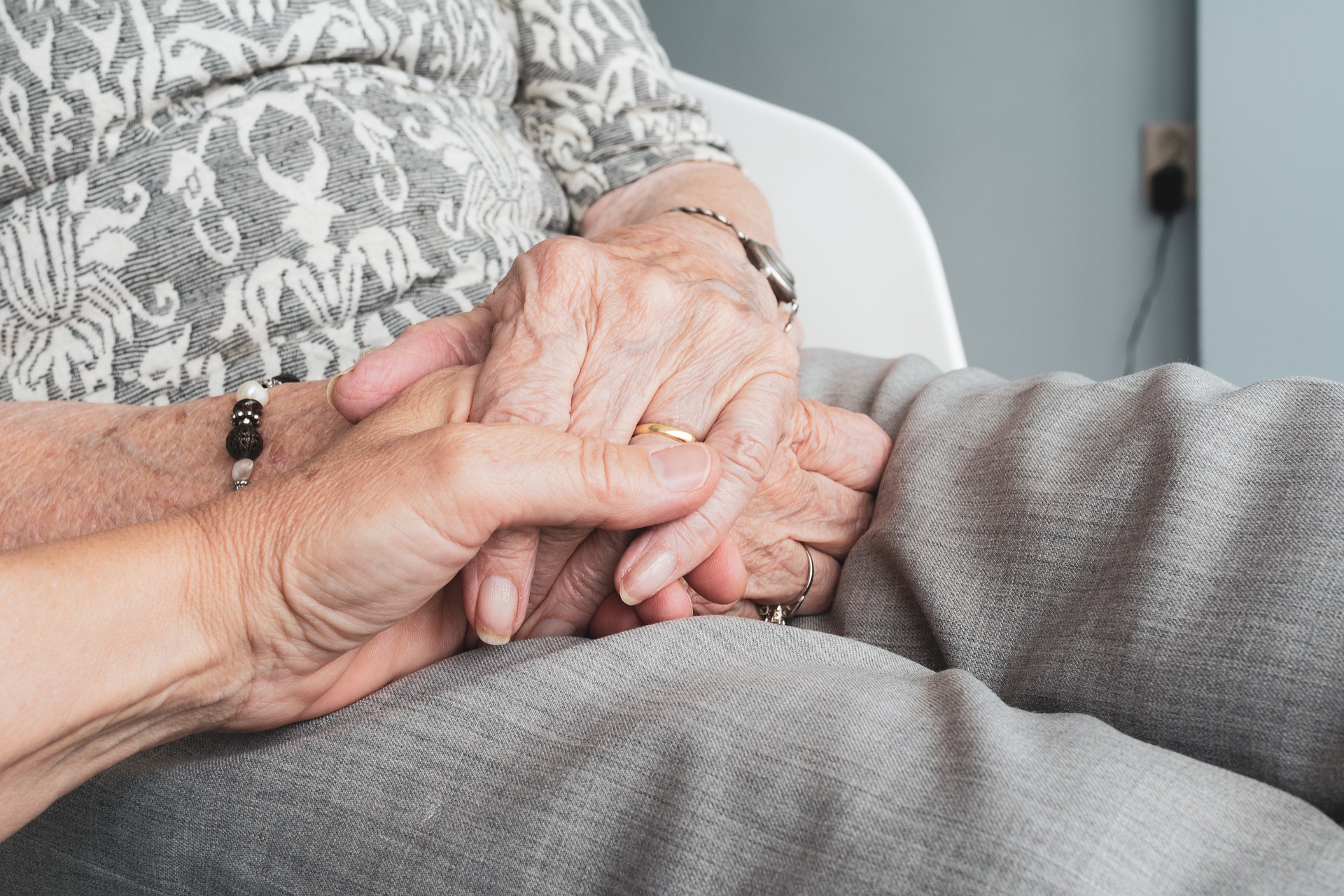Our parents have spent their lives caring for us, and the shift of responsibility to our shoulders can be difficult to face. No one wants to “parent their parents,” but many who reach old age will need some level of intervention and assistance. Still, many people live their entire lives independently, and don’t need our help. So, how do family members distinguish between an elderly parent who needs outside assistance – and a parent who is simply growing older? In this article, we investigate some scenarios that may indicate a need to step in.

What types of intervention are we talking about? The answer will vary from family to family, but solutions may include:
- Setting up an in-home or personal emergency alert system
- Hiring a daily companion or home health aide
- Hiring a full-time in-home caretaker
- Having a family member move in with the parent, or the parent in with a family member
- Placing the parent in assisted living or memory care
5 Warning Signs to Consider
- They Have Had an Injury: Everyone slips, falls, or hurts themselves once in a while. An injury in and of itself is not a reason to move your parent from their home, but the surrounding circumstances may. If your parent has become frail, falls often, or does not have a “life-alert” type pendant, living alone may not be advisable.
- They Have Lost Their Spouse: Aging individuals, even if their abilities are waning, are often fine as long as their spouse is still living with them and they can watch out for each other. However, when an older adult loses their spouse, there is no one there to alert the outside world if there is a problem. Grief can also cause a host of other detrimental behaviors, such as failing to eat or take medications. Therefore, those processing a significant loss may need more supervision – at least for a time.
- Driving Has Become Dangerous: Asking an elderly parent to surrender their car keys is one of the most difficult scenarios that adult children face. Driving represents freedom and autonomy, even if they rarely do so anymore – and losing the privilege to drive may represent a scary milestone. However, many situations indicate that taking their keys may be necessary. (Read more about this subject here.) Once a parent no longer drives, assistance will be needed for transportation to doctor’s appointments, grocery shopping, and to continue engaging in favorite pastimes with favorite people.
- Family is Always in “React Mode”: If family members consistently have to disrupt their schedules and drop everything to respond to a situation at their parent’s home, it may be time for a more formal solution. This is not to say that your parents don’t deserve your attention – but being constantly on call is not sustainable for most people with family and career responsibilities. When calls become routine, the aging parent can no longer handle day-to-day scenarios on their own.
- The Parent Seems Unaware of Issues: If you walk into your parents’ home and there is no food, you would have reason for concern. However, if they further insist that they are eating, you would know they are unaware of their own situation. From medication management to hygiene, if an elderly parent doesn’t recognize a clear issue, it is time to put someone else in charge of caring for them.
Assisted Living Can Benefit Your Elderly Parent
As discussed, every family is different – and assisted living may not be the right solution for every situation.
However, educating yourself on the genuine benefits of the senior residence model to your aging parent is essential.
- Their health and safety will be prioritized and monitored.
- They will have nutritious meals and companionship
- They will enjoy freedom and autonomy in a whole new way.
- They will have access to activities, events and excursions to keep life interesting and fun.
Assisted living also benefits the family, who can stop worrying and “parenting their parent” – and instead, simply enjoy time with someone they love. A Banyan Residence would love to serve your senior loved one and provide them with the companionship, safety, and fulfillment that every individual deserves.
